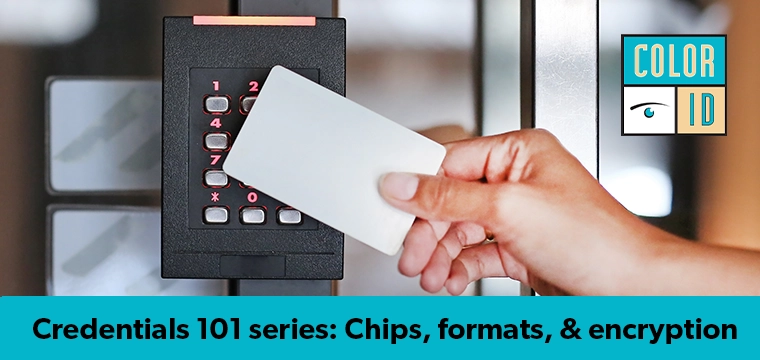
In a recent entry to the Entrust blog, Jenn Markey, VP Product Marketing, Payments & Identity at Entrust, discussed the findings from the company's recent "Future of Identity" report. The report was compiled by the Entrust Cybersecurity Institute and sought to characterize consumer thoughts on passwordless authentication, hybrid identities, and ownership over personal identity information.
One of the clear, overarching themes from the report was that younger consumers are placing greater value on the simplified experience that digital identities can provide. The ages of those surveyed ranged from 18-75.
Generally speaking, the report found that younger generations value "seamless, technology-driven identity credentials" and largely prioritize convenience over control. Markey details her three key takeaways from the report:
Younger generations reported a greater likelihood to choose multiple methods of authentication. The report found that 19% of Gen Z respondents believed that signing in through an additional account like Google or Facebook is more secure, compared to just 9% of baby boomer respondents.
Based on responses, all generations agreed that biometric authentication is the most secure login option. Gen Z was the only generation to perceive facial recognition as the most secure biometric modality, while baby boomers, Gen X, and millennials ranked fingerprint as the most secure modality.
"Younger generations not only view biometric-enabled authentication more favorably, they’re also more likely to take advantage of this authentication method compared to older generations," writes Markey.
When presented with the choice between biometrics or a conventional password, 73% of Gen Z, 67% of millennials, and 54% of Gen X chose biometrics, compared to just 32% of baby boomers.
Markey points out that younger consumers already leverage mobile apps and digital services across a majority of their daily tasks and lives, so it's not an unthinkable stretch for their identities to be digital, as well. "Digital IDs can offer conveniences that resonate with younger generations’ preference for paperless, digital-first solutions," she says.
According to the report findings, younger generations have a higher likelihood of possessing an digital ID and are also more likely to favor phasing out physical ID cards completely as compared to baby boomers.
"When we asked respondents why they would be likely to use a digital ID, the most important reason for Gen Z and millennials was 'it’s convenient,' while Gen X and baby boomers selected 'it’s secure' as their number one motivating factor," writes Markey.
In the convenience vs. control debate, older generations reported wanting more control over their personal data. This compared to younger generations, who as Markey writes, are more likely to accept sharing personal data as a necessary tradeoff for a convenient digital experience.
"Older generations largely covet ownership over their data, while younger generations are willing to relinquish control — if they get something in return," writes Markey. "Decentralized identities have the potential to address concerns over data ownership and control, while still enabling convenient, modern user experiences."
For more details on passwordless authentication, eIDs, and decentralized identities, check out the full Future of Identity report at Entrust.com.




